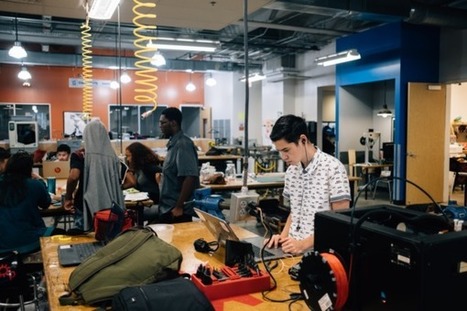Traditionally, apprenticeships have been associated with technical, industrial, or manufacturing careers that may not require a college degree, but do require continued instruction and certification. Today, people can find learn-and-earn programs in fields ranging from agriculture to tattooing. Different from an internship or a co-op, an apprenticeship involves paid work with related instruction allowing the apprentice to move within a range of career opportunities in their field. The apprentice model is economically beneficial to the employer in the long run, because they invest in the apprentice’s training up front, and typically take on that highly skilled worker for a contracted number of years following their apprenticeship. It’s growing in popularity again because it works: the success of the manufacturing boom in Germany, for instance, has been attributed to a strong apprenticeship model.
So how is our region taking advantage of state and federal funds to support apprenticeship programs and create a skilled pipeline for high-demand jobs? Here is a sampling of the wide range of available apprenticeship programs in our area.
Research and publish the best content.
Get Started for FREE
Sign up with Facebook Sign up with X
I don't have a Facebook or a X account
Already have an account: Login
News, reviews, resources for AI, iTech, MakerEd, Coding and more ....
Curated by
John Evans
 Your new post is loading... Your new post is loading...
 Your new post is loading... Your new post is loading...
|










